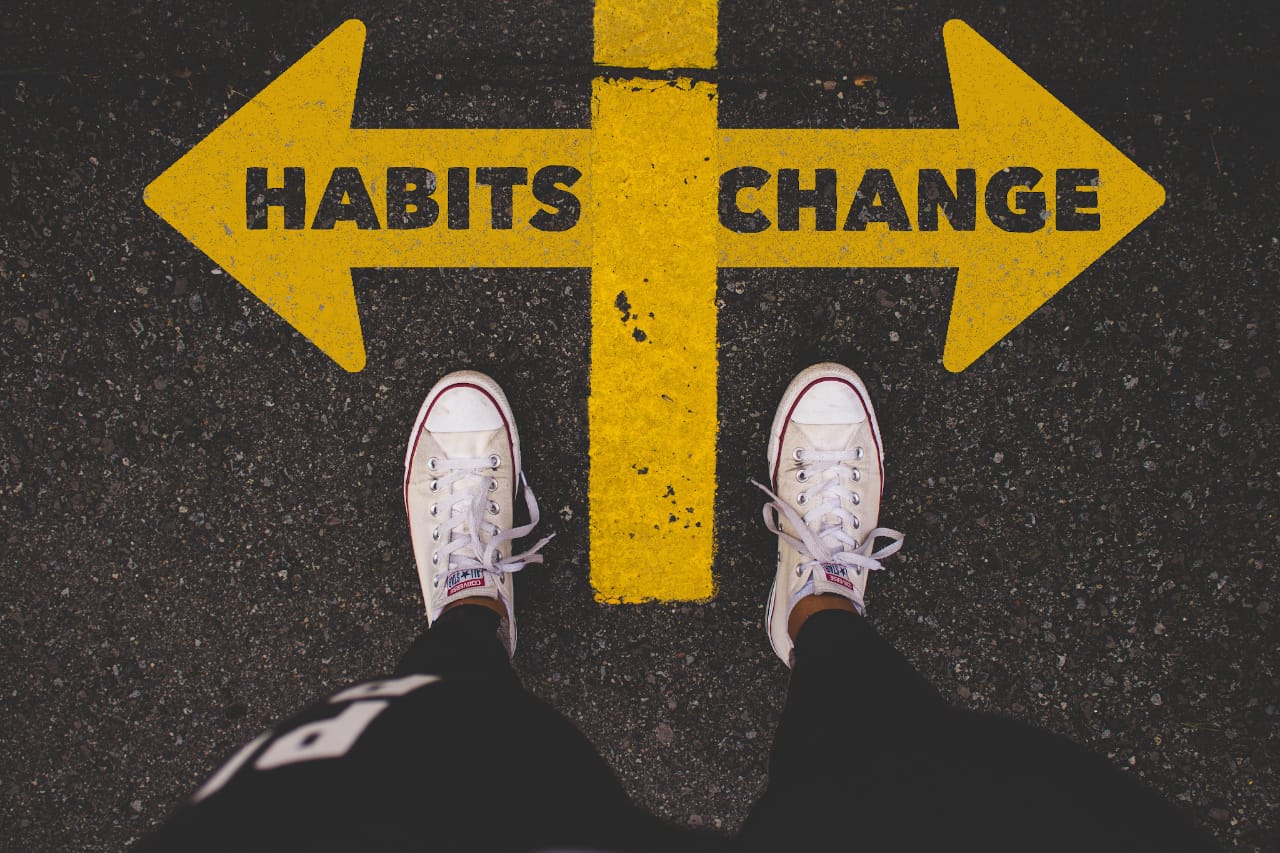You are busy at workplace or in the middle of an event, when one of these socially offensive and smelly bodily functions strike. A loud burp, messy sneeze, or a bloating fart is something you don’t want to release in a crowd. So you hold on until you get a convenient break and space, whether you want to pass that burp or release your gas.
Since good old days, there have been prohibitions around natural urges in social settings. You tend to follow and learn it since childhood. When you grow up, you don’t even notice that you’ve become habituated to suppressing the involuntary functions of the body. So much that you won’t even feel the need to relieve yourself, unless you get a familiar space or a comfortable restroom nearby.
Function of Bodily Urges
Suppressing bodily urges can lead to serious disorders. For example when you hold in sneeze or fart, it obstructs your body to expel the excess. This leads to accumulation and causes body’s rebalancing process to shut down. On the other hand, urges like hunger, thirst and sleep must be fulfilled to keep the body up and running. Thus, natural relieving of urges is a necessary component of maintaining health and homeostasis.
All these natural functions are essentially regulated by air circulation within your body. To balance them, Yoga sutras recommends Pranayama. Pranayama is one of the ingredients of Yoga, which reestablishes the proper circulation of air (vayu) in the body.
But before you set yourself about practicing Pranayama, it is important to understand the causes and pitfalls of irregular functioning of these urges:
1. Breathing:
You are born with the ability to take full, intact breaths. But as you get older, your breathing pattern gets disturbed due to modern lifestyle factors. Although, unlike other urges, you don’t suppress your breath on purpose. Rather, it is the unhealthy respiration habits that lead to rapid shallow breathing. It deprives the body of necessary oxygen and unhealthy levels of carbon dioxide start building up in the blood.
Uneven breathing patterns and hypoventilation for prolonged duration can lead to serious problems. Some of them include: hypercapnia, shortness of breath, bronchitis, decreased cerebral blood flow and reduced flow of oxygen to the heart and brain.
2. Belching:
Belching is the release of gas from digestive tract. Excessive or unregulated belching is a sign of poor digestion. It may be related to diseases of the gastrointestinal tract, small intestine or pancreas. However, if you think holding in your repetitive burps will solve the problem, then you are wrong. Suppressing your burps can prove to be fatal at times, if the air collects in your stomach. It may result in bloated stomach, gripping pain in the chest, anorexia, and too much production of flatus.
3. Sneezing:
Sneezing helps the body to expel the irritants or any offending agents. It helps clear away the nasal passage and respiratory system. When you sneeze, the bacteria and viruses are expelled out of your nose at an astonishing speed of 60–100 miles per hour. By holding in a sneeze, you may force back the air pressure through the Eustachian tube and then to your eardrum. If your sneeze is strong enough, you can rupture the eardrum, injure diaphragm and even break the tiny vessels within your eyes.
4. Thirst:
When water in your body reaches below required levels, you feel thirsty. Suppressing thirst causes dehydration in your system, leading to fatigue, headache, constipation and even impaired cognition. Not drinking enough water for long intervals disturbs body’s natural process to remove waste and detoxify. Maintaining the balance for body fluids, salts and minerals helps to regulate body temperature, lubricates the eyes and joints, keeps the kidneys healthy, removes toxins and improves digestion.
5. Hunger:
Some people skip their meals due to a fast paced schedule, while others suppress their appetite in hope to lose weight. Either way, going without food for extended periods makes your body vulnerable to lethal disorders. They include: decrease in heart rate & oxygen levels, malnutrition, deficiencies that damage the intestinal tract & kidneys, disorders of skin, bones & muscles and a weakened immune system. You should listen to your body and eat what you crave for. Tossing healthy foods like green veggies into your body multiple times a week is a great idea.
6. Sleep:
Sleep deprivation reduces metabolism and results in diminished flow of blood to various regions of the brain. It interrupts and damages brain networks that regulate cognitive abilities, perception and behavior. Insufficient sleeping is likely to increase chances of blood pressure issues, heart diseases, etc. Recent researches have also found a close connection between sleep deprivation and type 2 diabetes. It is evident that poor sleeping habits can have adverse affects not only on the quality, but also on length of your life.
7. Farting:
Holding in all those room clearing farts can harm your internal organs. The negative effects can range from mild symptoms like heartburn, indigestion and headaches to more serious problems like bloated colon and even diverticulitis. Holding in flatulence blows intestinal walls, causing inflammation and helping bacteria thrive. The restricted gas could increase toxins in your blood which can potentially poison you.
8. Urination:
Experts say that it is a healthier practice to flush your bladder every hour or two. Retention of urine for long time can lead to urinary tract infections, stones and bacterial infections. Your bladder can hold up to 16 ounces (2 cups of water), so holding your pee as a habit may cause pelvic floor dysfunction. In extreme cases, the bladder can be ruptured, which is a case of emergency, requiring surgery.
9. Excretion:
The habit of withholding your stools can land you in trouble. When you hold in your poop, the waste returns in your colon, allowing it to build up. Your body starts absorbing water in your feces which can prove to be toxic. Allowing toxins to run rampant through body prevents your system from cleaning out harmful chemicals absorbed from the environment. It puts you at risk for bacterial and stomach infections and other diseases in long term.
The takeaway is to let your body expel its grossness and waste while balancing the basic nutrition. So, next time if you feel nature’s call or a sudden urge is coming on, and if it bothers what others will think about you, then remember what’s actually happening with your body and think twice.



